The Forgotten Episode That Completely Changes Star Trek: Deep Space Nine

When Star Trek: Deep Space Nine fans discuss their favorite episodes, “The Nagus” rarely comes up. This quirky Season 1 episode is certainly better than “Move Along Home,” but it’s not nearly as entertaining as some of the more comedic episodes later in the series. However, in an interesting twist, Quark actor Armin Shimerman has claimed that the show might never have gotten many comedic episodes if not for the early success of “The Nagus.”
The Nagus Proved Comedy Could Work
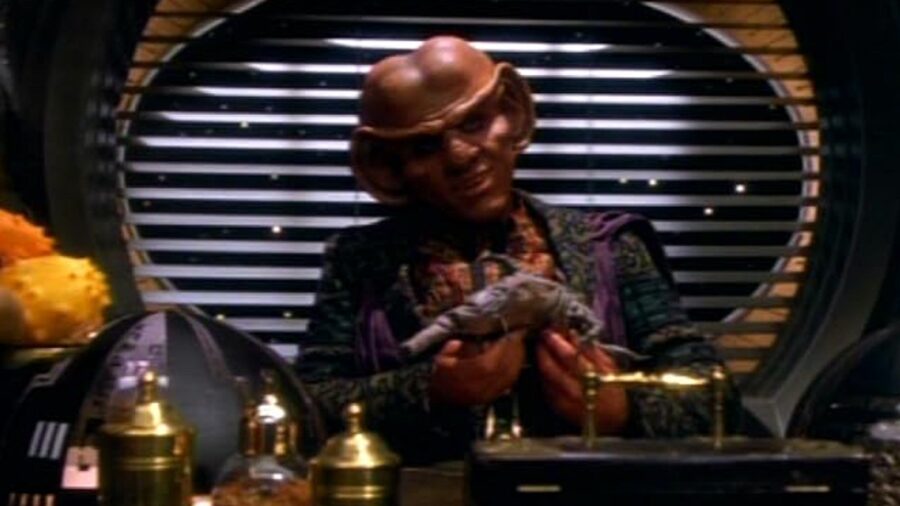
According to Shimerman, “Whatever success we had on ‘The Nagus’ convinced the writers, and, more importantly, the producers, that we could have purely comic episodes and the audience wouldn’t leave us in droves.”
That might sound dramatic, but the early days of Deep Space Nine were tense because producers weren’t sure how fans would respond to a show so different from The Next Generation. Audiences were hostile about many things: for example, they hated Bashir so much that producer Rick Berman had to intervene personally to keep Alexander Siddig from getting fired.
Ferengi Episodes Are Loved Or Hated
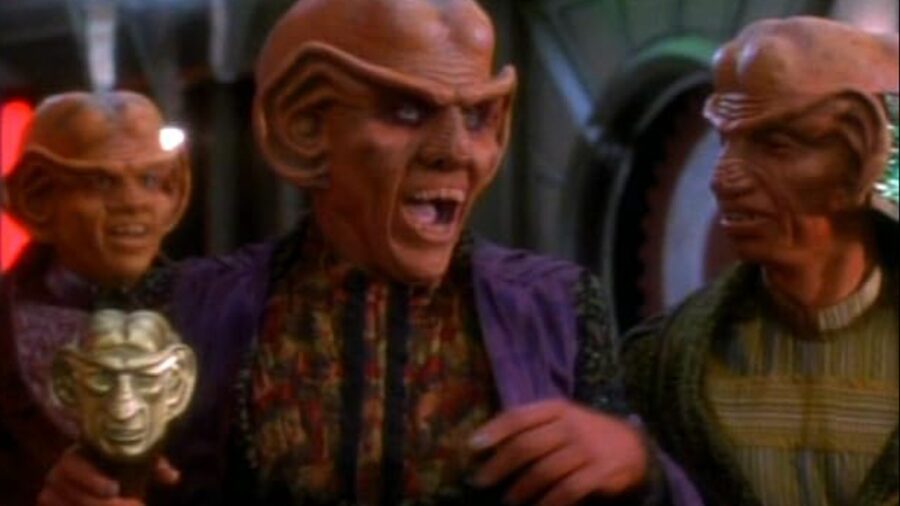
In discussing the importance of “The Nagus,” Shimerman was realistic about how divisive Ferengi-centric episodes could be. “There are probably many people who grimace when they see there’s going to be a Ferengi episode next week, but I think there are even more who are looking forward to the comic episodes,” he said, claiming that this is a lesson that Berman learned from this episode. As Quark might remind us, it’s all about supply and demand, and there was enough audience demand to bring both humor in general and Ferengi episodes in particular back, time and time again.
Adding Drops Of Comedy To A Drama
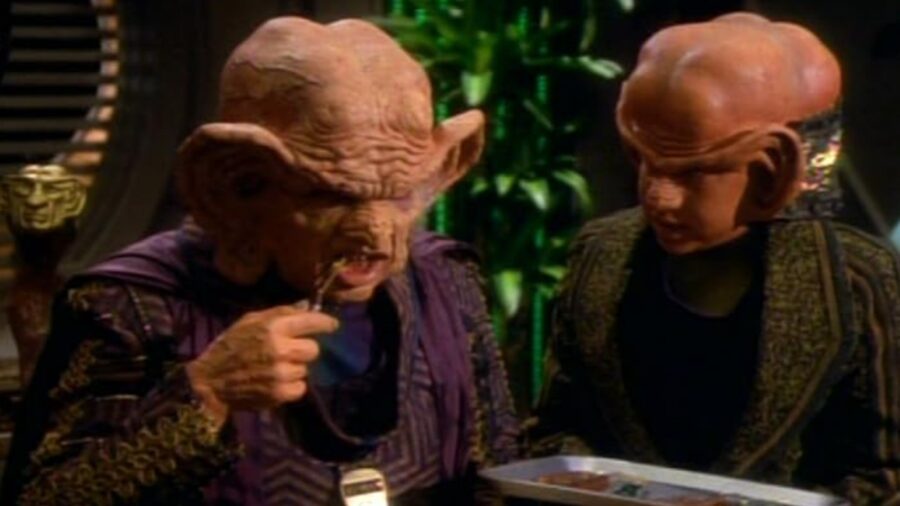
In analyzing the importance of “The Nagus,” Shimerman put on his other hat: in addition to being an amazing actor, he is a professor and Shakespeare expert (eat your heart out, Picard), and this helped him break down why the episode was so important. As the actor notes, “William Shakespeare taught us that–whenever he had a history play like Henry V, he made sure to have a character like Falstaff in there to lighten it up.”
This observation is very astute because Deep Space Nine never became a true comedy show…instead, the writers learned to use Quark to add comedy to an otherwise very serious series.
More Success Later In The Show’s Run
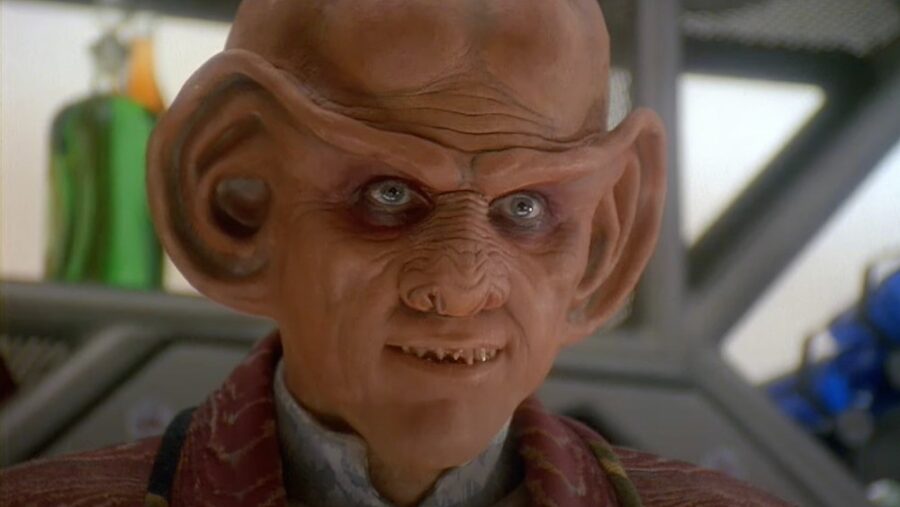
Those serious episodes, including a prolonged war arc pitting the Federation against the Dominion, are what Deep Space Nine is known best for. However, the success of “The Nagus” led to the writers giving us Star Trek’s funniest episodes, including fan favorites like “You Are Cordially Invited” and “Trials and Tribble-ations.” And, as Shimerman noted, the Ferengi episodes stayed popular throughout the run of the show, with many considering “The Magnificent Ferengi” to be the funniest story of them all.
Star Trek Embraced Comedy
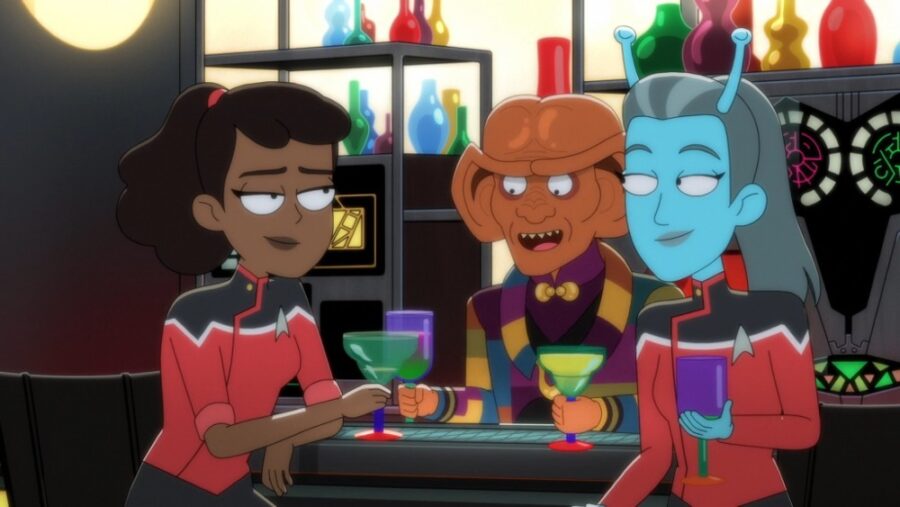
While Shimerman didn’t speculate about the effects of “The Nagus” beyond Deep Space Nine, it seems fair to say this experiment in Trek humor would go on to affect the entire franchise. If not for the success of this 1993 episode, we might not have gotten the welcome humor of films like First Contact and Star Trek (2009). And we probably would have never gotten Lower Decks, the animated series that allowed this franchise to fully embrace humor.
Like the great professor that he is, Armin Shimerman has gotten us to look at “The Nagus” with fresh eyes. It’s not the best episode of the entire Deep Space Nine series…honestly, it’s not even close to being the best episode of the first season. But it took major risks that ended up transforming all of Star Trek for the better, all while proving that Quark was the dark spinoff’s secret weapon for keeping us entertained.













